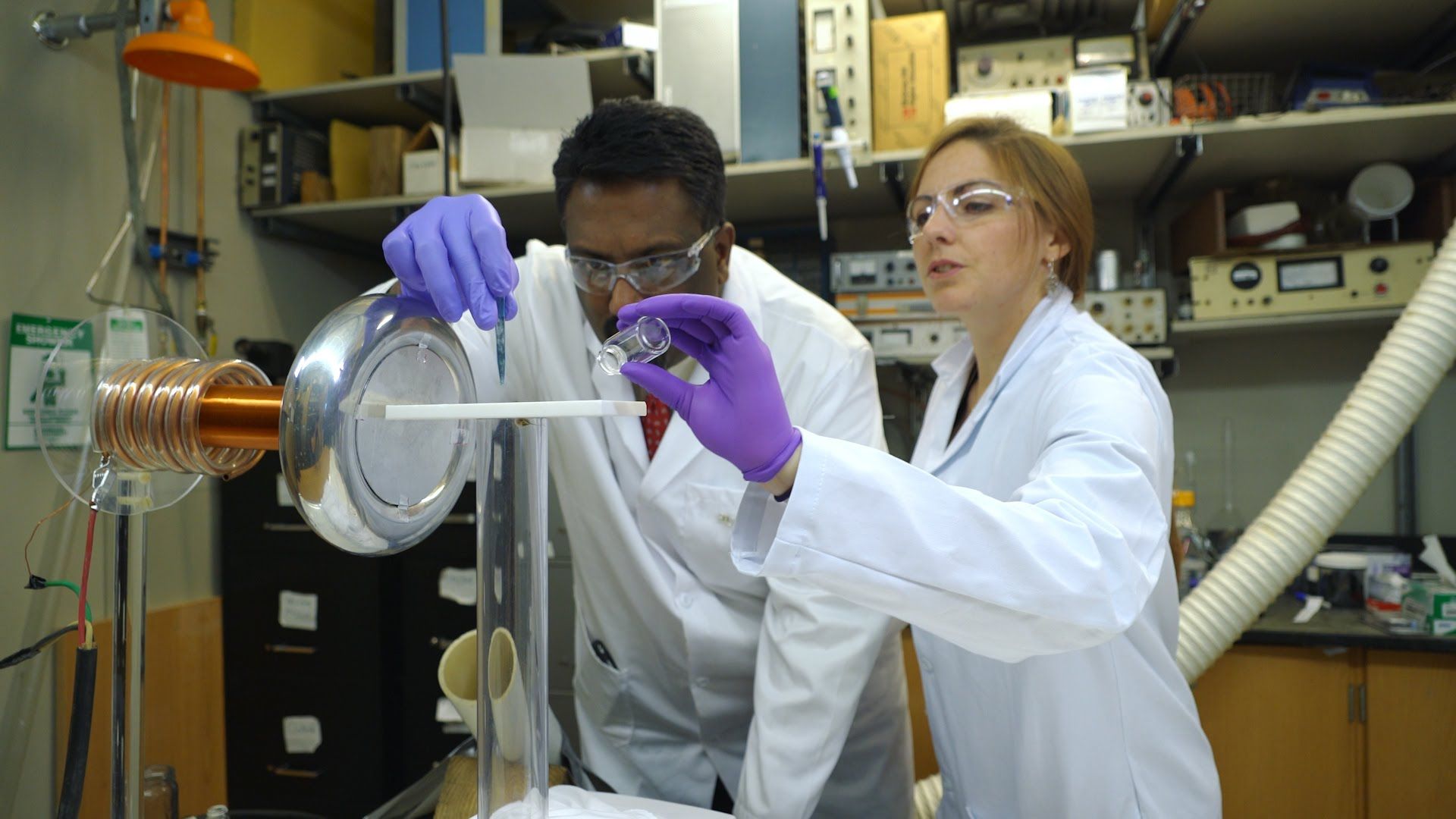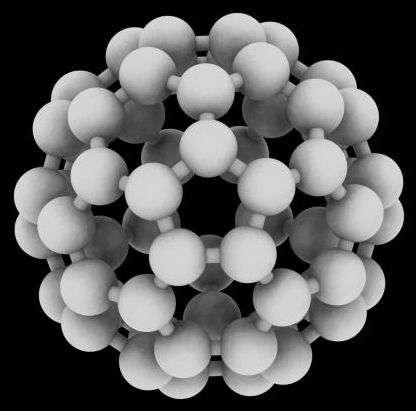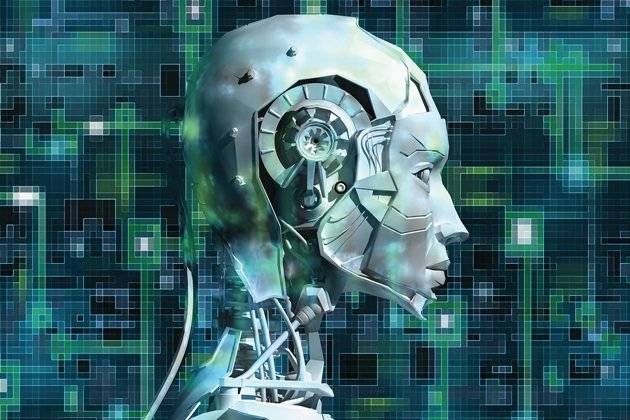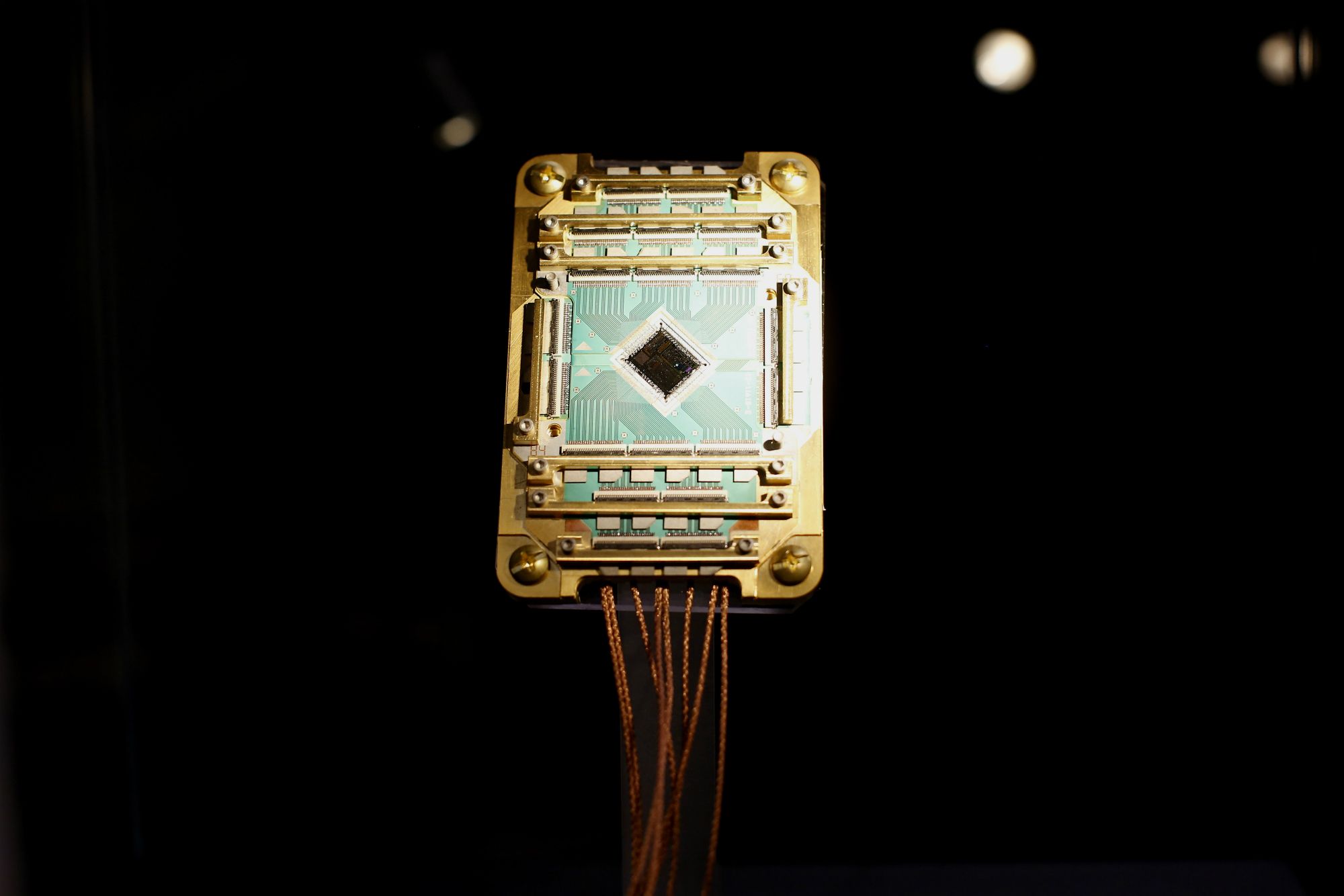Page 11224
Apr 26, 2016
Building the Foundation of the Cognitive Computing Era
Posted by Karen Hurst in categories: computing, quantum physics, robotics/AI
For almost a year I have shared how Quantum technology will take AI to a new level. This article highlights the benefits of Quantum in AI.
Scott Crowder of IBM discusses the technologies and data infrastructure that will be required to drive the cognitive computing and artificial intelligence systems of the near future.
Apr 26, 2016
Hi-res nanoparticle maps reveal best shape for batteries
Posted by Karen Hurst in categories: biological, computing, nanotechnology, particle physics
Many recent big technological advances in computing, communications, energy, and biology have relied on nanoparticles. It can be hard to determine the best nanomaterials for these applications, however, because observing nanoparticles in action requires high spatial resolution in “messy,” dynamic environments.
In a recent step in this direction, a team of engineers has obtained a first look inside phase-changing nanoparticles, showing how their shape and crystallinity—the arrangement of atoms within the crystal—can have dramatic effects on their performance.
The work, which appears in Nature Materials, has immediate applications in the design of energy storage materials, but could eventually find its way into data storage, electronic switches, and any device in which the phase transformation of a material regulates its performance.
Apr 26, 2016
A New Use for Tesla Coils: Self-Assembling Nanotubes
Posted by Karen Hurst in category: nanotechnology

Researchers at Rice University are working on self-assembling wires that can move matter, essentially “force fields” powered by Tesla coils.
They’ve been working “very quietly,” said adjunct assistant professor Paul Cherukuri. He describes the project, which incorporates Tesla coils and nano-scale filaments, as “self-assembly at a distance.” The project started when the researchers were working with nanotubes, just seeing what they could do when pairing the coils with the electrification from Tesla coils.
Continue reading “A New Use for Tesla Coils: Self-Assembling Nanotubes” »
Apr 26, 2016
New artificial protein assembles materials at the nanoscale
Posted by Karen Hurst in categories: nanotechnology, particle physics
HANOVER, N.H., April 26 (UPI) — Proteins are the contractors of the nanoscale natural world, assembling and building at the atomic, molecular and cellular levels. Increasingly, materials scientists are working to harness that power.
Recently, researchers at Dartmouth College created protein capable of crafting buckyball molecules. “Buckyball” is a nickname for buckminsterfullerene molecules, a soccer ball-shaped molecule of 60 carbon atoms.
The newly synthesized protein organizes buckyballs into a periodic lattice — a wall of buckyballs.
Continue reading “New artificial protein assembles materials at the nanoscale” »
Apr 26, 2016
New Anti-Biofilm Nano Coating Prevents Bacterial Growth on Metal Surfaces
Posted by Karen Hurst in category: biotech/medical
A new anti-biofilm nano coating has been developed by a group of researchers from Ben-Gurion University of the Negev (BGU). The newly developed coating has remarkable anti-adhesive potential, and may be used for various industrial and medical applications.
Apr 26, 2016
Want a career in artificial intelligence? Here’s a guide
Posted by Karen Hurst in categories: computing, employment, information science, robotics/AI
Good article overall highlighting the gaps in AI talent. I do know that some of the best AI SMEs in the US all have worked somewhere in their careers at the US National Labs because many us had to build “real time” systems that leveraged complex algorithms to self-monitor conditions and react independently under certain conditions arise and in some cases we leveraged the super computer to prove theories as well. I suggest locate where some of these folks exist because you will find your talent pool.
Artificial Intelligence is the field where jobs continue to grow, provided you have the desired skill sets
Diksha Gupta, Techgig.com
Continue reading “Want a career in artificial intelligence? Here’s a guide” »
Apr 26, 2016
Artificial Intelligence: China Accelerates Bid For Global Dominance In ‘Robotics’
Posted by Karen Hurst in category: robotics/AI
China continues to accelerate its bid to grab the initiative in 21st-century robotics and artificial intelligence development as the next emerging global powerhouse. Small wonder that the world’s leading manufacturing giant has already raced past the rest of the world as a major user of robots.
According to the China Robot Industry Alliance, the country is already a flourishing hub for consumer robotics and is poised for a radical transition from its human-based workforce to an automated Artificial Intelligence or AI-based alternative. Its recent unveiling of the incredibly adept and efficient personal robot BIG-i is a pertinent example. Dubbed “butler,” this humanoid is primarily a service robot with the programmed ability to aid homeowners in the performance of a wide variety of household errands. It can easily track the location of various household appliances and transport items from one point to the next by employing its claw-like mechanical hands.

[Image via Shutterstock]BIG-i was designed by Dr. Tin Lun Lam, a research fellow at the Chinese University of Hong Kong who had previously designed the “Treebot,” the first biologically inspired tree-climbing robot equipped with a highly advanced maneuvering mechanism.
Apr 26, 2016
Bots Vs Apps: The battle for your attention has begun!
Posted by Karen Hurst in category: robotics/AI

Artificial Intelligence powered Bots may soon replace apps to become the Next Big Disruptor in the tech industry. So, what are Bots and what can they do for you? Read on and find out.
Apr 26, 2016
Europe’s billion Euro bet on quantum computing
Posted by Karen Hurst in categories: computing, neuroscience, quantum physics, space travel
Nice
Quantum computers have been hailed for their revolutionary potential in everything from space exploration to cancer treatment, so it might not come as a surprise that Europe is betting big on the ultra-powerful machines.
A new €1 billion ($1.13 billion) project has been announced by the European Commission aimed at developing quantum technologies over the next 10 years and placing Europe at the forefront of “the second quantum revolution.”
Continue reading “Europe’s billion Euro bet on quantum computing” »















